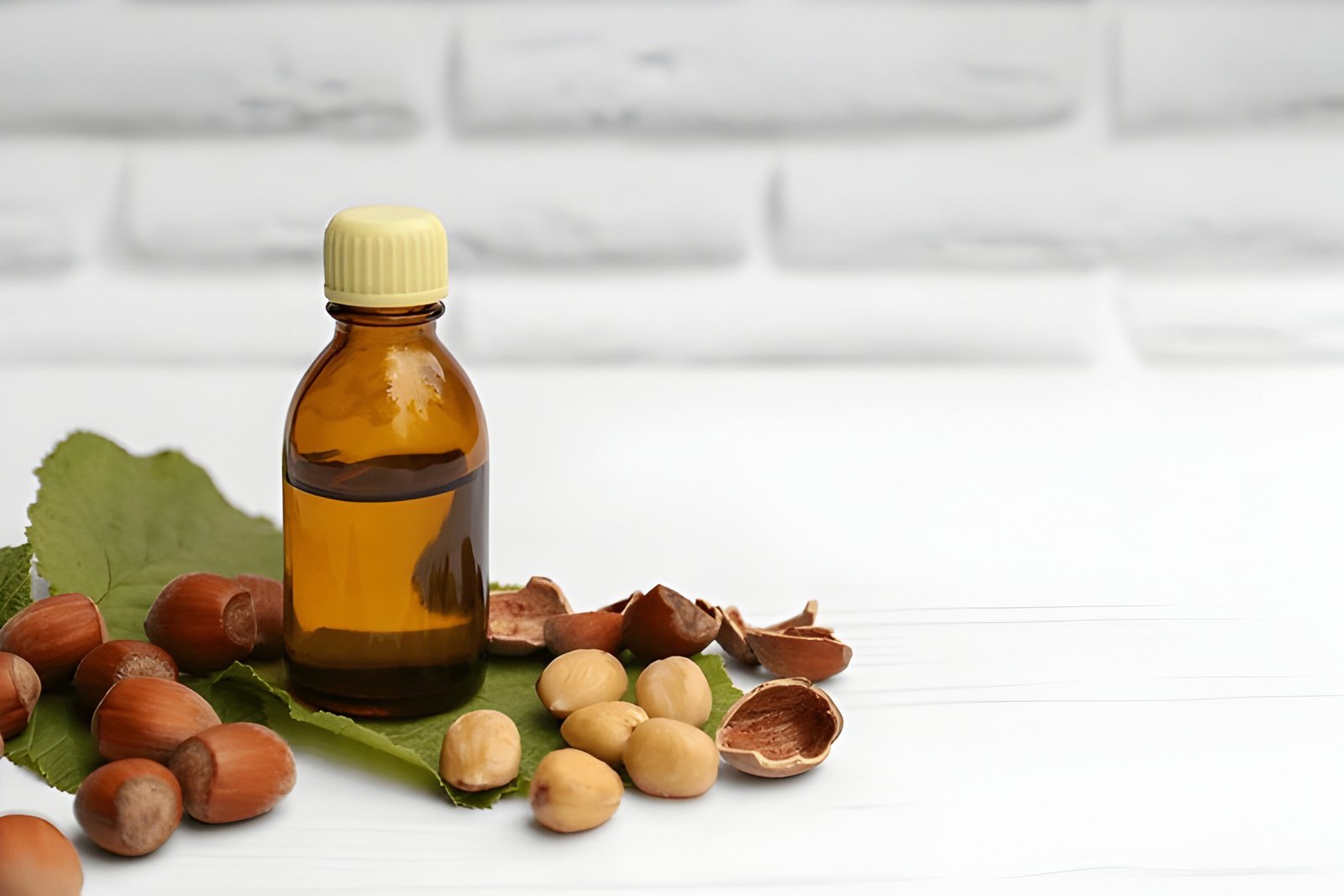Introduction to Fats and Oils Foods
Fats and oils foods are sources of concentrated energy in our diet. They are vital to human health as they play a crucial role in the proper functioning of our body cells, such as building cell membranes and producing hormones. Consuming foods rich in healthy fats and oils can also aid weight loss, reduce inflammation, improve brain function and reduce the risk of certain chronic diseases.
Health Benefits of Hazelnut Oil
Hazelnut oil is extracted from roasted hazelnuts and has a nutty flavor and aroma. It is rich in monounsaturated fatty acids (MUFA), specifically oleic acid, which has been shown to have numerous health benefits. Consuming hazelnut oil is associated with the following health benefits:
- Heart Health: Hazelnut oil has been shown to reduce bad cholesterol levels (LDL) while increasing the good cholesterol (HDL) in the body. It also reduces blood pressure and inflammation in the body, which is beneficial for heart health.
- Brain Function: Hazelnut oil is high in vitamin E, which acts as an antioxidant and protects the brain cells from oxidative stress. It has been shown to improve cognitive function and memory, especially in older adults.
- Skin Health: Hazelnut oil is rich in vitamins A and E, which are essential for healthy skin. It moisturizes and nourishes the skin, leaving it soft and supple.
- Digestive Health: Hazelnut oil is easily digestible and has been shown to reduce the risk of gastrointestinal diseases, such as ulcers and colitis.
Nutritional Information and Value of Hazelnut Oil
One tablespoon (14 grams) of hazelnut oil contains the following nutrients:
- Calories: 120
- Fat: 14 grams
- Saturated fat: 1 gram
- MUFA: 11 grams
- PUFA: 2 grams
- Vitamin E: 21% of the daily value (DV)
Hazelnut oil is also a good source of antioxidants, specifically flavonoids, which have numerous health benefits.
Ways to Incorporate Hazelnut Oil into Your Diet
Hazelnut oil can be used in various ways in your diet, such as:
- Salad Dressing: Mix hazelnut oil with vinegar or lemon juice to make a healthy and delicious salad dressing.
- Baking: Replace butter or other oils with hazelnut oil in your baked goods to add a nutty flavor and reduce saturated fat.
- Roasting Vegetables: Drizzle hazelnut oil over vegetables before roasting to add flavor and nutrients.
- Grilling: Brush hazelnut oil onto meat or fish before grilling to add flavor and healthy fats.
Potential Risks or Allergies Associated with Hazelnut Oil
Hazelnut oil can cause allergic reactions in individuals with hazelnut allergies. It is essential to read the label carefully before consuming hazelnut oil. Also, excess consumption of hazelnut oil can lead to weight gain due to its high-calorie content.
Conclusion on the Importance of a Balanced Fats and Oils Diet
Healthy fats and oils, such as hazelnut oil, are essential for optimal health and should be incorporated into our daily diet. A balanced fats and oils diet reduces the risk of chronic diseases, improves heart health, cognitive function, and digestive health. It is crucial to choose healthy fats and oils, such as hazelnut oil, and consume them in moderation for optimal health.
Reference
- Perna SB, Giacosa A, Bonafini C et al. Hazelnut Oil Consumption Improves Lipid Profile and Reduces Inflammatory Status in Healthy Volunteers: A Randomized, Controlled, Crossover Trial. Nutrients. 2018;10(5):642. doi:10.3390/nu10050642.
- Beninger RJ, Hosfield GL, Takemasa N, Weselake RJ. Effect of acyl chain length on the oxidative stability and flavour of hazelnut oil in accelerated and real-time storage. Journal of the Science of Food and Agriculture. 2005;85(2):303-308. doi:10.1002/jsfa.
- Yaylayan VA, Shyu TH, Moreau RA. Composition and thermal stability of hazelnut oil extracted by supercritical CO2 as compared with other methods. J Agric Food Chem. 2002;50(6):1854-1861. doi:10.1021/jf0113100.





